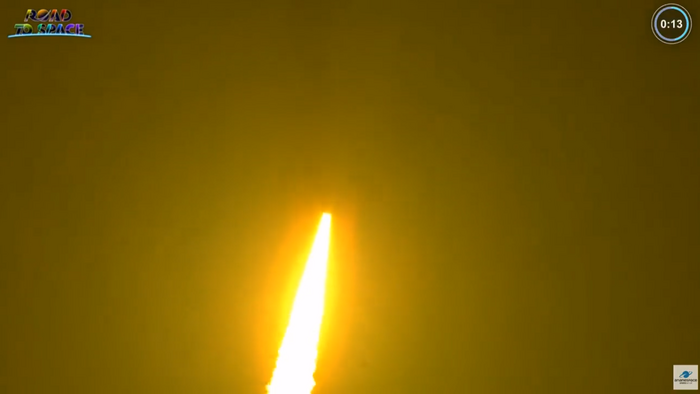The launch of Vega C, the new European launcher that was supposed to bring into orbit the last two of the six satellites of the French constellation Pleiades for Earth observation, failed during the night in its first commercial launch, after the maiden flight on 13 last July.
Technical engineers from Arianespace and Avio, the Italian company that builds the Vega engines, are working to understand the causes of the failure of the mission of the European launcher Vega C, which failed during the night due to a problem with the second stage engine. Zefro 40, said Stéphane Israël, managing director of Arianespace, the company that manages the launches from the European base in Kourou (French Guiana).
After launch, the first stage engine of Vega C, P120C, fired normally, while an anomaly was detected in the pressure of the second stage engine, Zefiro 40. "We observed a trajectory deviation and an anomaly very strong. Unfortunately the mission is lost," Israel said again.
Vega C then began to lose speed about three and a half minutes after launch, i.e. just when the Zefiro 40 engine should have accelerated the rocket.
Telemetry data indicate that, after reaching an altitude of 110 kilometers, the launcher reentered the atmosphere, disintegrating, at a point over the Atlantic Ocean more than 900 kilometers north of Kourou.




/cloudfront-eu-central-1.images.arcpublishing.com/prisa/FG3YKUQIWRFP5ISS6XRMOQWJXU.JPG)




